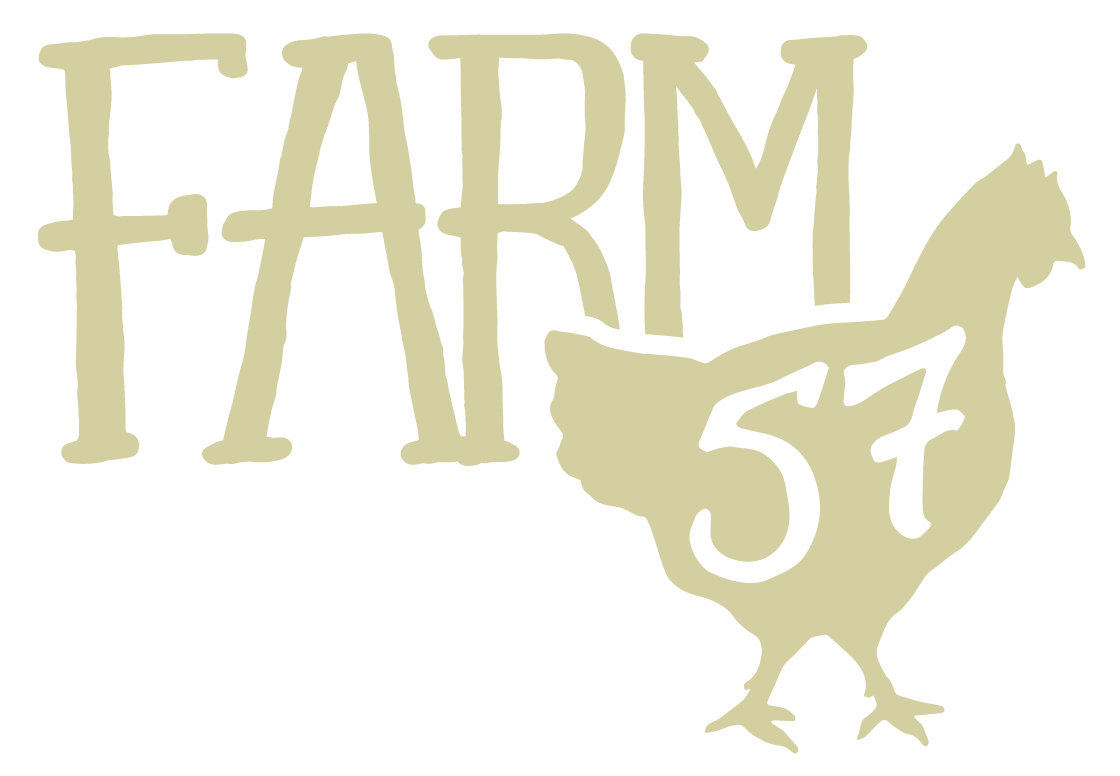Woody Chicken Breasts and the Small Farm Difference
We started our farm 6 years ago, forming it into an official business in 2018. We looked at the foods we commonly ate and set out to grow them in a better way and healthier than what is offered in the grocery stores. We wanted better food for our bodies, better outcomes for the environment, and better treatment of the animals.
In 2016, we started with 5 egg laying hens and a small garden. Before we dove into the world of pasture raised chicken we said, “Okay, if we eat chicken X amount of times a week, that will roughly be XX amount of chickens per year. We could raise that much ourselves.” We knew we would never erect a chicken house on the farm, the chicken would be raised on our green acreage and rotated to clean pasture every day, and we would be limited to growing for 6 months out of the year because of our northern winters. Cue a rabbit trail of researching USDA organic standards.
The conventional standard for organic chicken is that organic chicken would not be fed grain that was sprayed with glyphosate and other chemicals. “Ok, that’s good.” Other than that, there isn’t much difference in HOW organic vs. conventional chicken is raised. (Nowadays there’s even “organic” chemical sprays, but that’s a whole different topic). Wait though, isn’t organic chicken “free range?” The USDA describes free range as only providing “access” to the outdoors, but it doesn’t limit the amount of birds crammed into one system. In a building that houses tens of thousands of chickens, very few of them actually find the small access door, let alone enjoy any amount of time with fresh air and bugs. Organic chickens are still crammed into a dusty, ammonia laden building with less than one square foot per bird to move around (about the size of an 8.5x11” sheet of computer paper), compared to our pasture raised model providing 7 sq. ft per bird.
Even if a floodgate of access was given to these conventional birds, we doubt that the birds could get themselves up and walk outside. You’ve probably seen articles or videos about the chickens that are too big and heavy on their legs to get up and walk. Cue the latest headlines about “woody chicken breasts.” You may have read something like, “What to Do with Woody Chicken Breasts” or, “What Causes Woody Chicken Breasts?” The articles continue to describe a tough, unpleasant texture that’s found when the chicken breasts are cooked, and they even offer pointers on how to avoid buying these “woody” packages at the stores which include looking for color differences or squeezing packages in the meat aisle. (Gross and leaky chicken juice, anyone?)
Industry experts claim they have no idea as to the cause, while some point out that abnormally fast growth rates of birds and added stress causes a degradation of protein composition. We would at least agree with experts on the exponential growth rate of commercial chicken; the modern chicken broiler is nearly 3 times what it used to be in the 1930’s yet it grows in half the amount of time (https://thecounter.org/fast-growing-broiler-chickens-animal-welfare-gap-research/). Nevertheless, the U.S. Poultry & Egg Association is going to spend more than a quarter of a million dollars to find their answers.
We’ve been trained to look at the meat counter packages and find the largest cuts for the cheapest price (or was that just me learning how to grocery shop at a young age?) Bigger and faster isn’t always better and healthier. It’s more profitable for the big guys, that’s why they do it. If you are looking for tender, non-woody chicken with added health benefits (more omega 3’s, Vitamin A, collagen, etc.) that is grown on green pasture full time, chicken that is moving around with strong bones and building muscle appropriately, then we encourage you to go directly to your local grower. With your local producer you can visit their farm (or you SHOULD be allowed to visit--red flag if they don’t allow you to come) to see how your food is being grown and you can ask questions.
This is why we started Farm57. To grow food that you can trust and to answer your questions. Please email us at contact@farm-57.com, no matter how “silly” you think your question may be.


